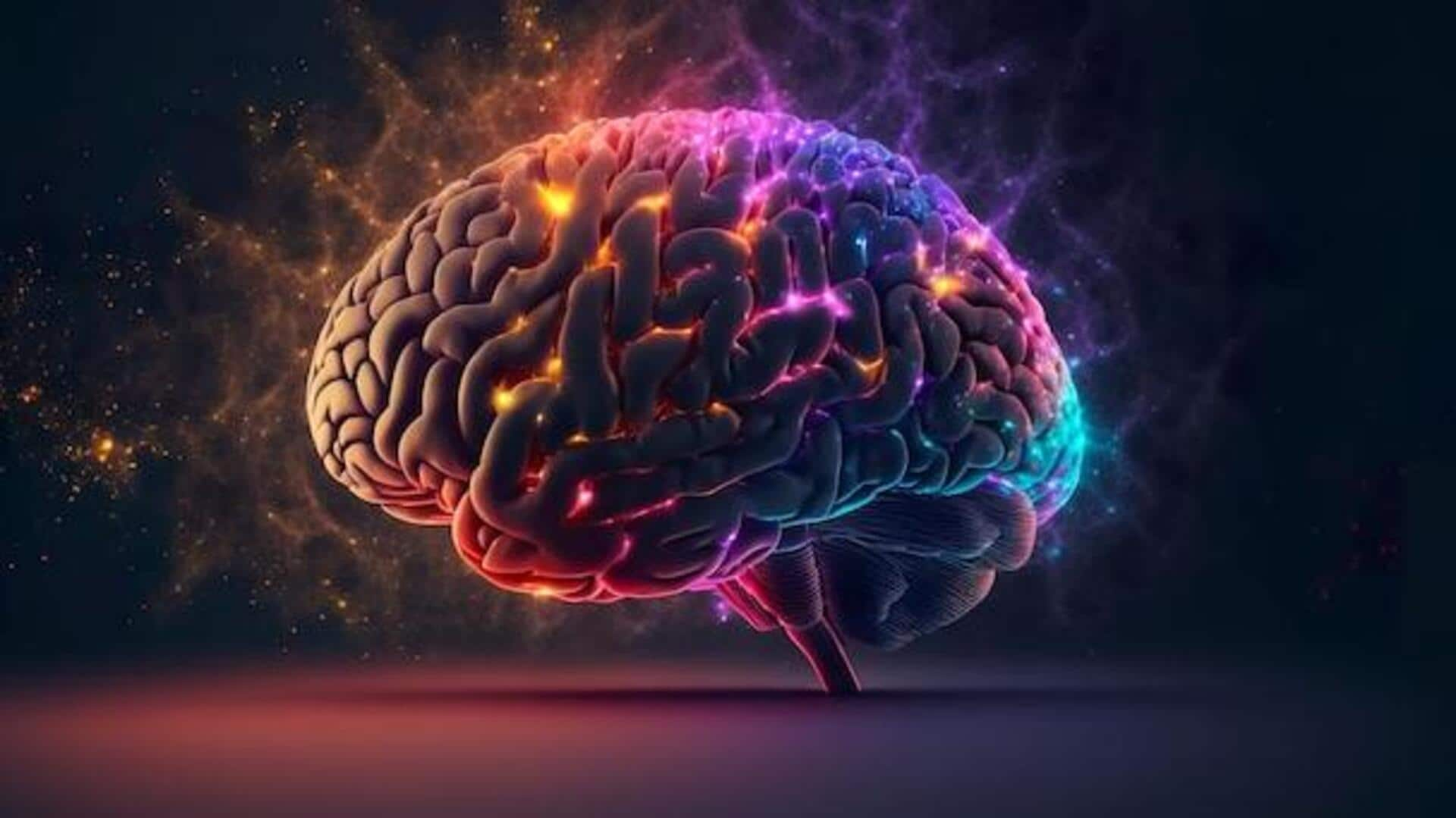
AI pinpoints brain signals linked to recovery from depression: Study
What's the story
Researchers in the US have come up with a therapy to treat severe depression. The study was done on 10 patients undergoing deep brain stimulation (DBS), a method where electrodes are implanted into the brain to send electric pulses that change neural activity. This treatment used artificial intelligence (AI) to identify brain signals linked to recovery from depression. This signal could be useful to assess whether DBS is working. Notably, the AI-assisted therapy showed an impressive 90% accuracy rate.
Details
The model was trained with images of the participants' brains
The AI model was trained using images of the participants' brains at the beginning and end of the study, enabling it to identify neurological differences that might be missed by the human eye. At present, clinicians depend on patients' self-reported symptoms to gauge depression levels, which can be influenced by external factors and makes it hard to assess the treatment's effectiveness. Therefore, such trained AI models could provide clinicians with a better dataset as opposed to that with self-reporting alone.
Official words
Nine of the patients in the study got better
"Nine out of 10 patients in the study got better, providing a perfect opportunity to use a novel technology to track the trajectory of their recovery," said Helen Mayberg, co-author of the study and a neurologist from the Icahn School of Medicine at Mount Sinai. "Our goal is to identify an objective, neurological signal to help clinicians decide when, or when not, to make a DBS adjustment," she added.
What Next?
Improved treatment outcomes
In one case, the AI model detected a disappearance of the recovery signal a month before a patient relapsed. Thereby this approach makes way for timely invention where the DBS treatment can be adjusted to try and prevent relapse. It could lead to better-tailored treatments for individual patients affected with severe depression and make adjustments to the therapy as needed.
Insights
The approach could be game-changing if replicated in larger groups
Although deep brain stimulation requires electrode implants, which may not be acceptable for all patients, the study's findings could have broader implications for depression treatment. If a corresponding brain signal can be measured using less invasive methods, this technology could potentially benefit a wider range of patients. If the approach is replicated in a larger sample, these findings could be a "game-changer in how we would be able to treat depression", said Paul Holtzheimer, neuroscientist from Geisel School of Medicine.